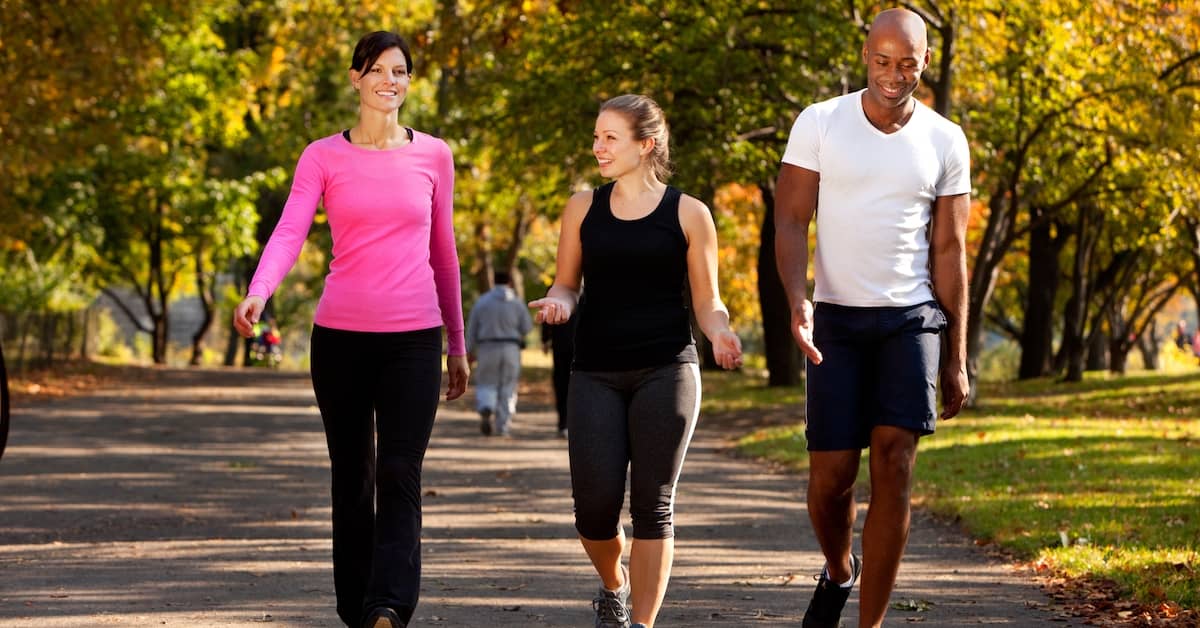
Focus on Success
Another way to improve your decision-making, especially when you’re trying to maintain your willpower, is to focus on your memories of making good decisions instead of obsessing over your past moments of failure. "Despite the common belief that remembering our mistakes will help us make better decisions in the present," says researcher Hristina Nikolova, "we actually find that thinking about our failures at self-control leads us to repeat them and indulge in the present, so it's not helpful at all.” In these tests, the Boston scientists analyzed how people’s recall of past experiences affects their attempts to control unwanted behavior – in activities like trying to avoid eating an unhealthy dessert or resisting the temptation to spend too much when out shopping.2 “People often think that remembering the last time when they didn't hesitate to enjoy eating the delicious, 2,000 calorie chocolate cake will help them resist the delicious dessert menu and go for some fruits instead,” says Dr. Nikolova. “However, our findings reveal that remembering such self-control failures would lead people to indulge again in the present."A Carbon Emissions Problem in Your Home or Office
Improving your indoor environment can also help brain function. You should keep a window open and go outside every once in a while. Studies on indoor air quality show that the buildup of carbon dioxide indoors can impair brain function and complicate your efforts at analyzing situations and making decisions.3 Researchers at the Department of Energy's Lawrence Berkeley National Laboratory point out that the typical outdoor concentration of carbon dioxide hovers around 400 parts per million (ppm) while the air in classrooms and office buildings can climb from around 1,000 ppm up to more than 3,000 ppm – rising to higher levels in confined meeting rooms. Those are staggering levels of CO2 compared to what is found in nature. The primary source of all this carbon dioxide is people. That’s why a crowded conference room can pose a special problem. And if your home or office is tightly sealed to be energy efficient, you incur even more risk of higher carbon dioxide levels. Two final tips for making better decisions:- Keep your focus on one particular goal: Research at the University of Massachusetts demonstrates that when you keep one important objective in mind and avoid distractions from other variables, you can make quicker, more efficient choices.4
- Use black and white photos to make buying decisions: It might sound a little strange, but a study at Ohio State shows that when you are considering a purchase, viewing objects in black and white photos instead of color pictures can help you make better decisions. That way, you’re less distracted by flashy features you don’t really need and which cost more.5
- https://bjsm.bmj.com/content/early/2019/04/24/bjsports-2018-100168
- https://www.sciencedirect.com/science/article/abs/pii/S1057740815000728
- https://iaqscience.lbl.gov/vent-info
- https://books.google.com/books?hl=en&lr=&id=SpSBDwAAQBAJ&oi=fnd&pg=PP1&dq=info:h6MNKvDvFgcJ:scholar.google.com&ots=XcImF7yYWF&sig=11EdUa-BHGK3b4wu9ICob_agY_k#v=onepage&q&f=false
- https://etd.ohiolink.edu/!etd.send_file?accession=osu1461160672&disposition=inline
